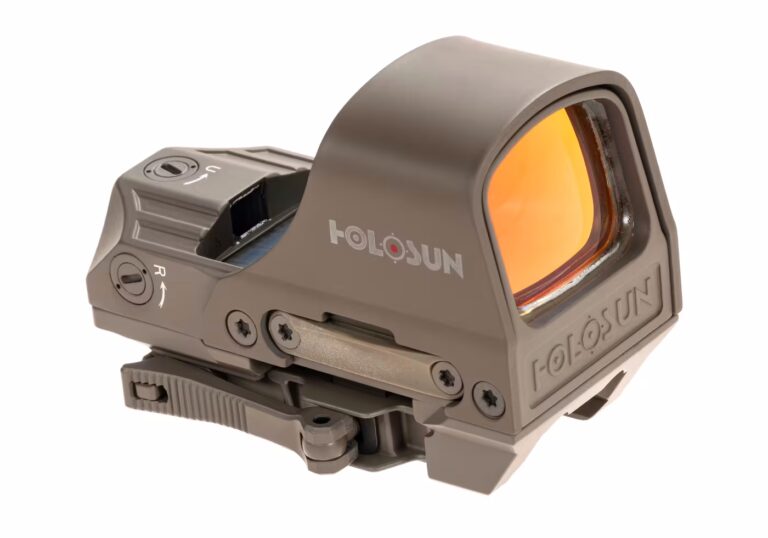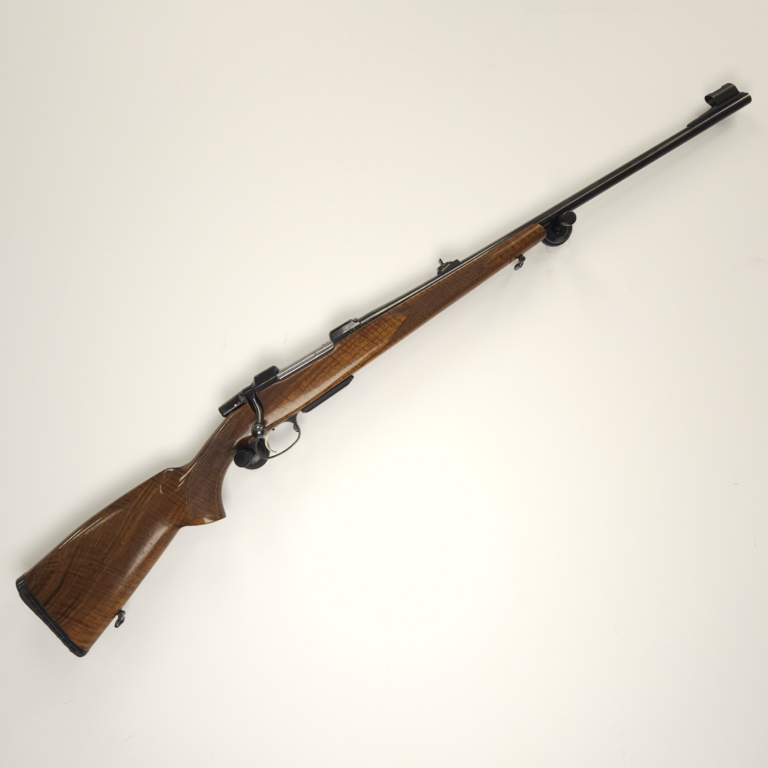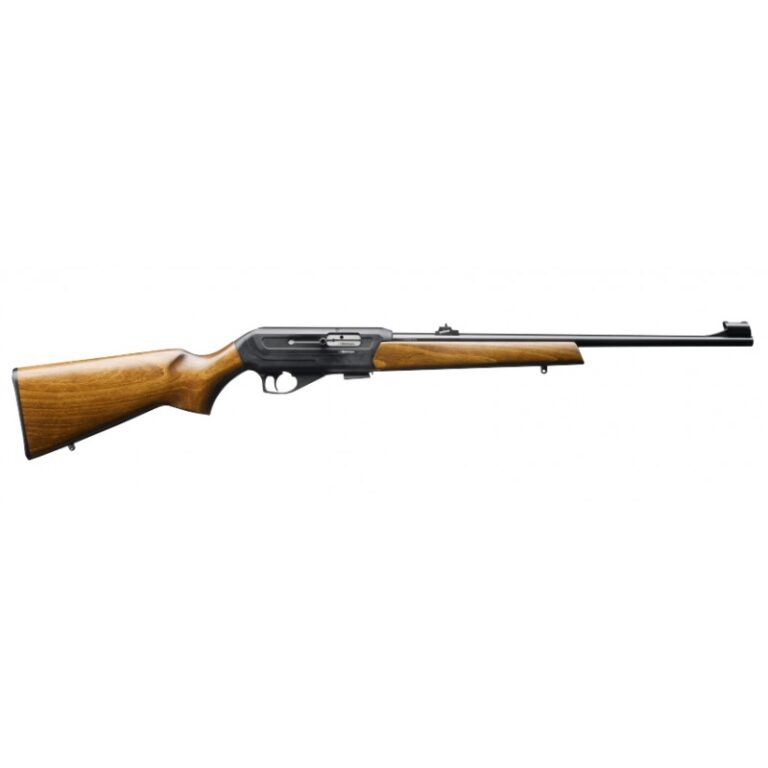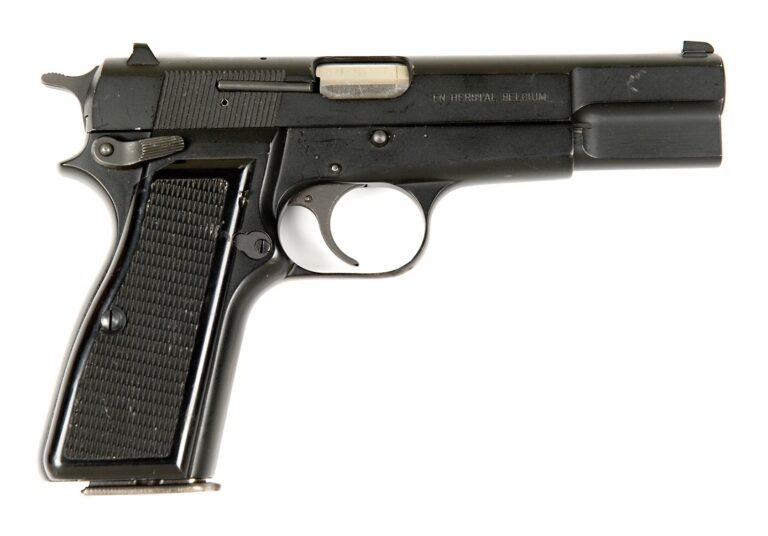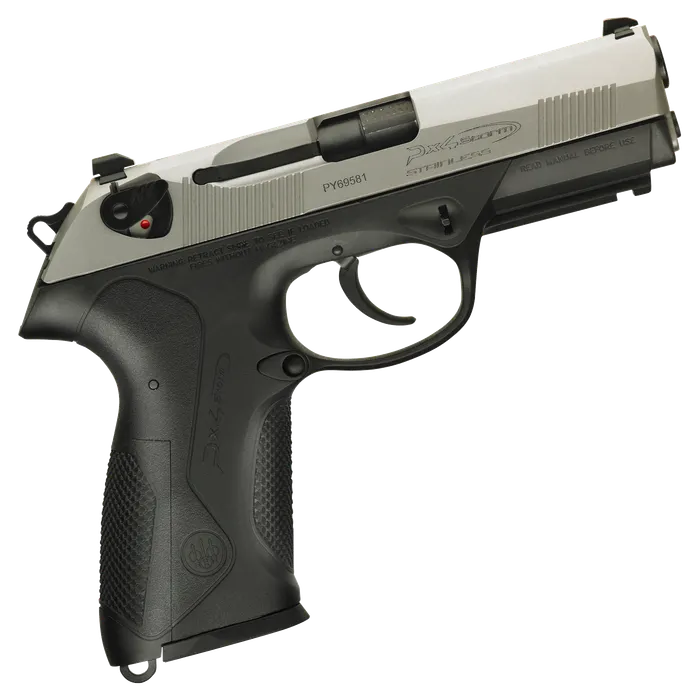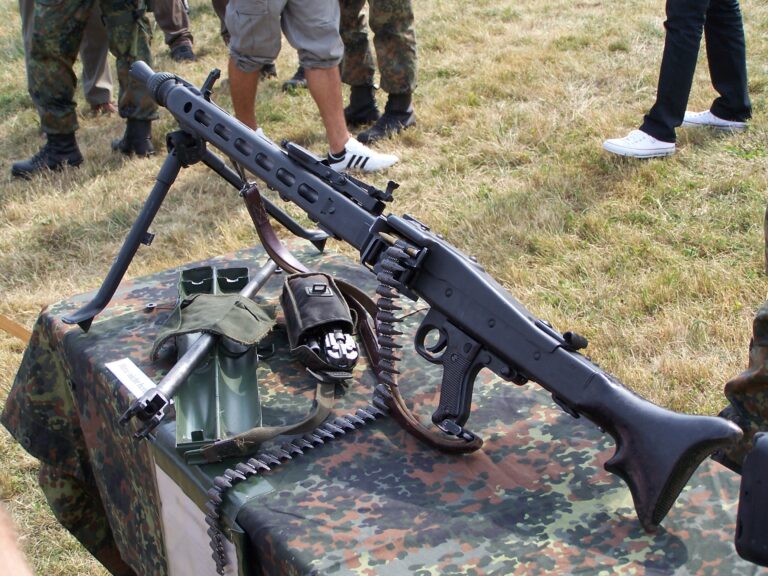The Steyr AUG (Armee Universal Gewehr) is an iconic assault rifle of Austrian origin, designed by Steyr Mannlicher and introduced in 1977. Recognized as one of the first rifles to adopt a bullpup configuration, it redefined the standards of modern long guns thanks to its futuristic design, modularity and exceptional performance. Today, its variants – notably the Steyr AUG A2 and Steyr AUG A3 – continue to dominate battlefields and tactical operations around the world.
History of Steyr AUG
Development of the Steyr AUG began in the 1960s. Its aim was to create a standard weapon for the Austrian army, capable of replacing the StG 58 (the Austrian version of the FN FAL). The aim was to design a modular, compact, lightweight weapon suitable for modern operations.
Adopted by the Austrian army in 1977 as the StG 77, the Steyr AUG quickly established itself as a reliable and revolutionary weapon. It was exported to many countries, becoming the standard service weapon for armed forces and police units around the world, including Australia, Ireland and New Zealand.
Design and conception
One of the key features of the Steyr AUG is its bullpup configuration, in which the mechanism and magazine are located behind the trigger. This design reduces the overall length of the gun without sacrificing barrel length, offering exceptional maneuverability, particularly in confined spaces.
The rifle is made from reinforced polymers, making it lightweight yet robust. Its modular design enables the barrels to be changed quickly and various accessories added, adapting the weapon to different roles: assault rifle, sniper rifle or light machine gun.
Variants: Steyr AUG A2 and A3
Steyr AUG A2: Introduced in the 1990s, this model is an improvement on the original Steyr AUG. It features a removable rail for adding optical devices, laser pointers or other accessories. This version retains the same robustness and flexibility, while meeting modern user needs.
Steyr AUG A3: Launched in the early 2000s, the Steyr AUG A3 is an even more tactical variant. It features integrated Picatinny rails, offering complete customization for the addition of advanced optics, tactical lights or vertical grips. Ergonomics have also been improved for optimum comfort.
Technical data
Caliber: 5.56×45 mm NATO
Weight: 3.6 kg (standard AUG)
Total length: 790 mm
Barrel length: 508 mm
Magazine capacity: 30 or 42 cartridges
Firing rate: 650 to 750 shots per minute
Effective range: 300 to 500 m
Materials: Reinforced polymers and high-quality steel
Mechanism: Gas-lever operation with short-stroke piston
Advantages of Steyr AUG
Compact and maneuverable: its bullpup configuration makes it ideal for operations in urban environments or confined spaces.
Modularity: Quick-change barrels enable use in a variety of roles.
Rugged: designed to withstand the toughest conditions, from deserts to arctic environments.
Accuracy: The long barrel and 5.56×45 mm calibre ensure excellent precision, even at long range.
Versatility: compatible with a wide range of modern tactical accessories.
Comparison with other assault rifles
| Model | Caliber | Weight (kg) | Rate of fire (cpm) | Effective range (m) |
|---|---|---|---|---|
| Steyr AUG | 5.56×45 mm | 3,6 | 650-750 | 500 |
| M16A4 | 5.56×45 mm | 3,99 | 700-950 | 550 |
| HK G36 | 5.56×45 mm | 3,63 | 750-780 | 600 |
| FN SCAR-L | 5.56×45 mm | 3,29 | 625-675 | 500 |
In comparison, the Steyr AUG stands out for its compactness and modular design, making it ideal for a variety of operations. Although it’s not the lightest, its balance of power, precision and ergonomics makes it a preferred choice.
Contemporary use
Today, the Steyr AUG remains a preferred choice for many armed forces and special units around the world. Thanks to their compatibility with modern technologies, the A2 and A3 versions continue to meet the demands of today’s battlefields.
Countries such as Australia, Ireland and Austria still use it as their standard weapon. Its low production cost and minimal maintenance make it accessible even to forces with limited resources.


